


Stop the Use by All Parties of Election-Management Software
The Israel Democracy Institute has submitted a professional opinion to the chair of the Central Elections Committee, Justice Neal Hendel, asking the Committee to prohibit the use of election-management software until appropriate regulations for its use are in place.
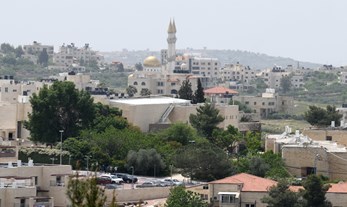
"Deal of the Century" and Annexation - Overview
Written By: Prof. Amichai Cohen
The “Deal of the Century” and Human Rights: An overview of territorial exchanges and the status of the Palestinians in the annexed Areas
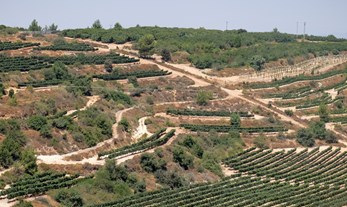
The UN Blacklist – A Devastating Blow, or Prelude to Future Dangers?
Written By: Prof. Yuval Shany
The UN Human Rights Council published a database of Israeli and international companies operating in the West Bank - what are the ramifications and possible outcomes?

Our Jewish Solidarity is Eroding
Written By: Dr. Shuki Friedman
Jewish Diaspora communities find it hard to identify with Israel and Israel's Jewery.
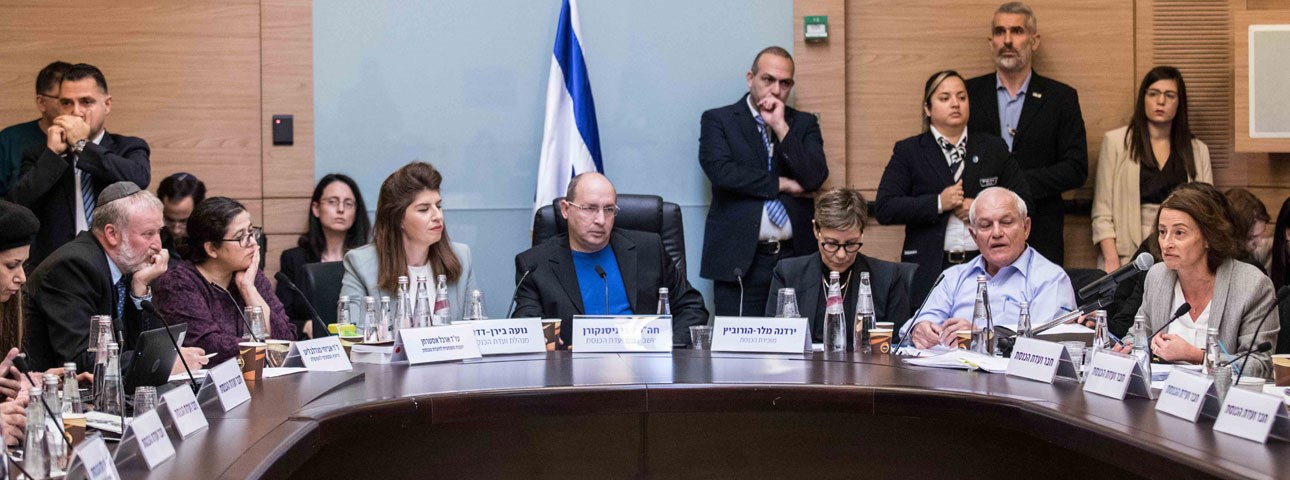
The Pot Calling the Kettle Black
Written By: Prof. Yedidia Z. Stern
In the case of a MK against whom the attorney-general has decided to file an indictment, the members of his party and of his Knesset bloc vote as one.

Third Time's a Charm?
Written By: Yohanan Plesner
With two weeks to go, Yohanan Plesner presents the key issues to look out for in Israel's unprecedented third election and what – if anything – will determine if a stable government will finally be formed.
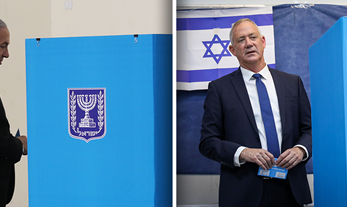
Israelis Believe Netanyahu's Investigations Will have the Greatest Impact on the Vote
Written By: Prof. Tamar Hermann, Dr. Or Anabi
January's Israeli Voice Index found 32% of Israelis believe Netanyahu's investigations will be the issue with the greatest impact on voters in the upcoming Knesset elections.
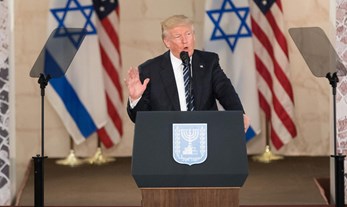
Can Israel Recognize a Palestinian State?
The January Israeli Voice Index reveals that more Israelis support Israeli recognition of a Palestinian state than those who oppose it.
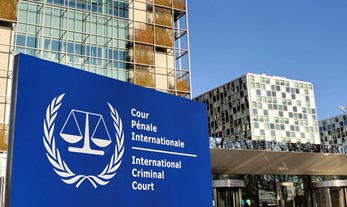
Developments in the Investigation Launched at the ICC in The Hague
Written By: Colonel (Res.) Dr. Liron A. Libman
On January 21st, the ICC’s pre-trial court decided to reject the prosecutor’s request to allow her to submit a petition - on technical grounds. So what's next?
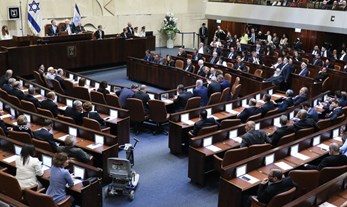
The State of the Highly Personalized Israeli Democracy
Written By: Prof. Gideon Rahat
At this writing, Israel seems to be headed towards its third elections within a year. Israel has been governed for almost a year by a caretaker government, and no one can be sure that the next elections will resolve the stalemate. While this state of affairs may fulfill the dreams of libertarians or anarchists, for most others – it looks more like a nightmare.

What Is the Relation Between Anti-Zionism and Antisemitism?
Written By: Dr. Shany Mor
The terms antisemitism, anti-Zionism, and criticism can be described as three different phenomena - Dr. Shany Mor explains

Wanted: Fiscally Responsible Political Parties
Written By: Dr. Assaf Shapira
Considering Israel is facing the third national elections in less than a year, isn't it reasonable to expect the political parties, whose campaigns are publicly funded, to act in a fiscally responsible manner?
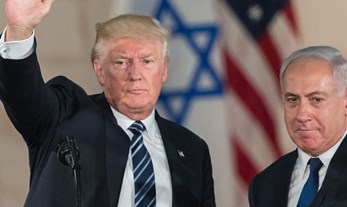
Can the “Deal of the Century” be Implemented Under a Transitional Government?
Written By: Prof. Amichai Cohen, Dr. Amir Fuchs
What are the legal barriers standing in the way of the current government implementing the U.S.'s “Deal of the Century” peace plan?

Where Have the Parties Gone?
Written By: Yohanan Plesner
Political parties no longer fulfill the goals for which they were intended, rather they have become technical structures that are focused on the ranking of the candidates on their Knesset lists.

Rabbis in Politics—A Disaster for Both
Written By: Dr. Shuki Friedman
Rabbis are not necessarily any better or worse than other politicians.
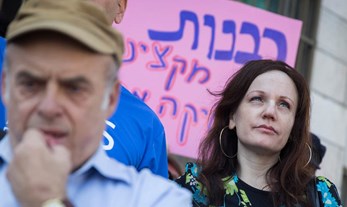
The Chief Rabbinate of Israel vs. the Jews
Written By: Dr. Shuki Friedman
Turning 1.2 million Israelis with FSU origins into a state-sanctioned punching bag is intolerable, and calls for radical and immediate change
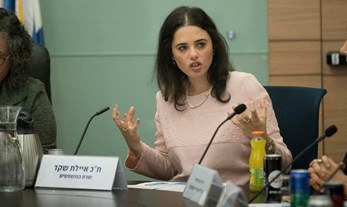
Women Representation in the 23rd Knesset
Written By: Dr. Assaf Shapira
After the party lists have been submitted Dr. Assaf Shapira analyzes expected representation of women in the 23rd Knesset based on the September 2019 elections
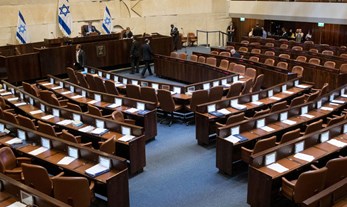
What Will the 23rd Knesset Look Like?
Written By: Prof. Ofer Kenig
New record low of number of lists; Left-Center shrinks from eight lists in 2013 to three today; women’s’ representation continues to dither – less than 30 women MKs are expected
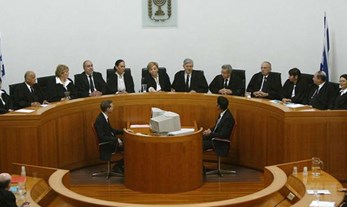
A Vote of Confidence in the Rule of Law
Written By: Prof. Yedidia Z. Stern
Regardless of the decision regardin PM Netanyahu's request for immunity - the debate will revolve around the more important question: the status of the rule of law in Israel
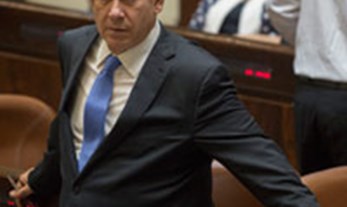
It Boils Down to Netanyahu’s Conspiracy Theories
Written By: Prof. Yedidia Z. Stern
Given the dark insinuations in the PM's request for Knesset immunity, a vote in his favor would be a vote of no-confidence in the rule of law
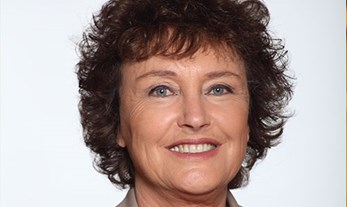
Karnit Flug Named William Davidson Fellow
The Israel Democracy Institute Names Former Bank of Israel Governor Karnit Flug William Davidson Fellow - new partnership will focus on ensuring Israel’s continued economic vitality.
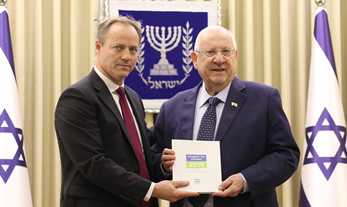
IDI Releases 2019 Democracy Index
Written By: Prof. Tamar Hermann, Dr. Or Anabi, Dr. William Cubbison, Ella Heller
50% of Israelis Believe that the State of the Country is 'Good'. Conversely: 58% of Israelis Believe that Their Leadership is Corrupt and 59% of Israelis Think that Supreme Court Judges’ Rulings are Politically Biased

Majority of Israelis Think that Israel is Prepared for War
Written By: Prof. Tamar Hermann, Dr. Or Anabi
A majority of Israelis gave high grades when assessing Israel’s preparedness for war in three areas: the IDF’s combat readiness, the resilience of the population on the home front, and the political echelon’s decision-making ability concerning the objectives and management of the war. At the same time, Israelis do not think highly of the preparedness of the home front regarding protection of civilian facilities.
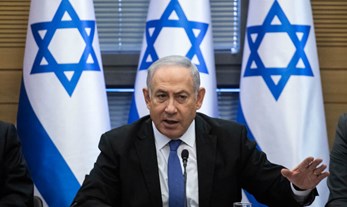
Immunity Flowchart
Prime Minister Benjamin Netanyahu has asked the Knesset for immunity from prosecution. What happens next? IDI experts lay out the next steps.

The Decade in Review: Women’s Service in the IDF
Written By: Dr. Idit Shafran Gittleman
The last decade has seen the most meaningful changes in gender equality and women’s service in the IDF since the State was established.
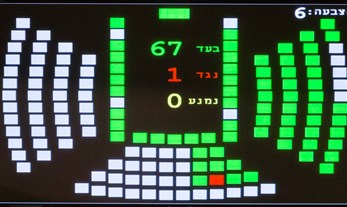
A Decade of Anti-Democratic Legislation
Written By: Dr. Amir Fuchs
The last decade in Israel has been marked by a wave of legislation that has dealt a blow to the country’s democratic values, the rule of law, and separation of powers.

The Decade in Review: Religion and State
Written By: Dr. Shuki Friedman
Israel's once sacrosanct status quo seems less relevant than ever, with the essence of what it means to be a Jewish state in flux and at stake.
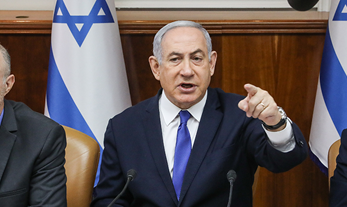
Immunity for the Prime Minister: Explainer
Written By: Prof. Yuval Shany, Dr. Amir Fuchs
IDI experts explain Israel’s immunity law, what happens when it’s requested and what the implications may be for the political system.
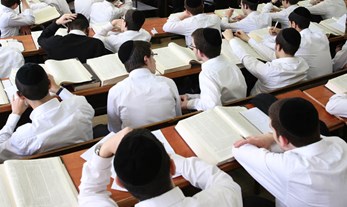
2019 Statistical Report on Ultra-Orthodox Society in Israel: Highlights
Written By: Dr. Gilad Malach, Dr. Lee Cahaner
The 2019 Statistical Report on Ultra-Orthodox Society in Israel provides both a snapshot of the ultra-Orthodox in Israel today and an analysis of trends characterizing this community in recent decades, in key areas such as demography, education, employment, and use of leisure time.
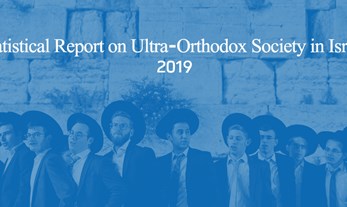
IDI Releases 2019 Statistical Report on Haredi Society in Israel
"More Yeshiva students" and "Haredi women are driving growth" - are just some of the highlights of the new report.

